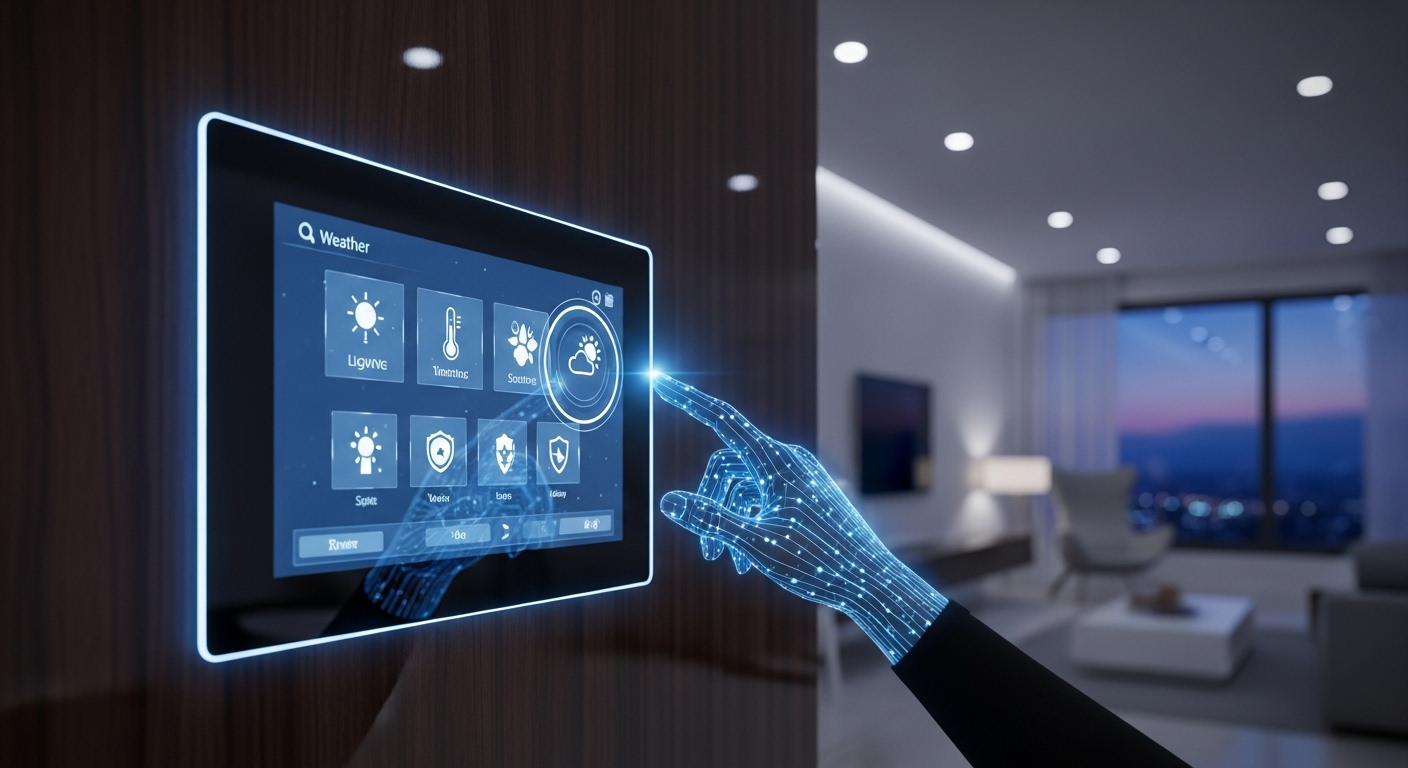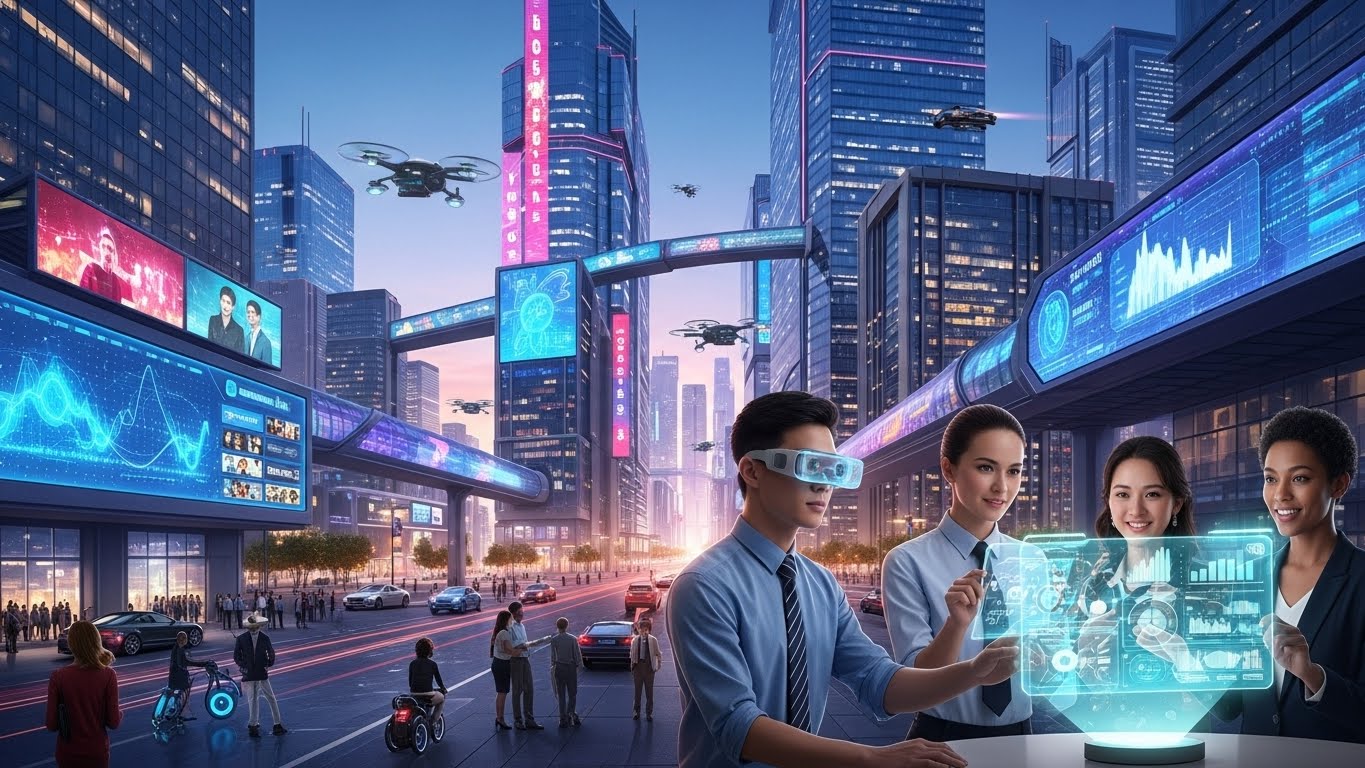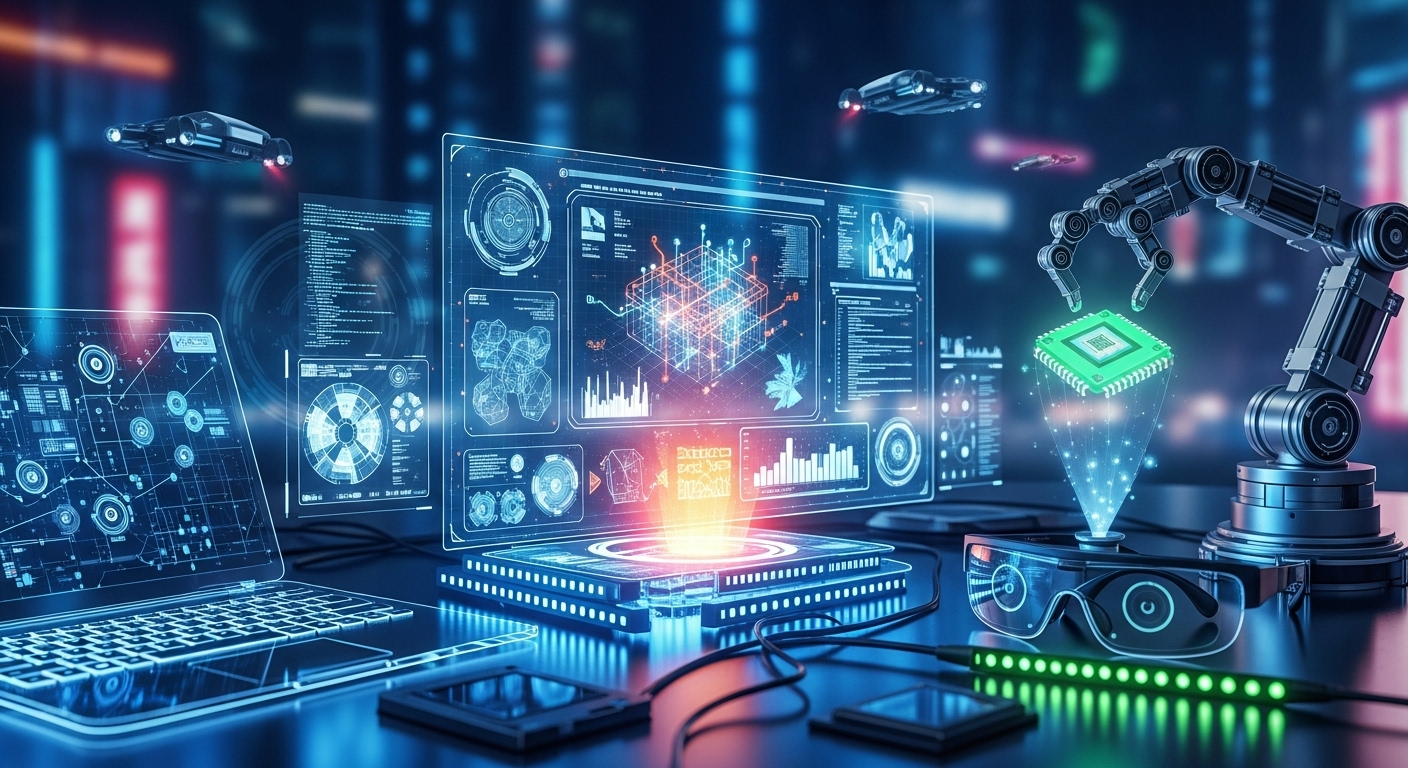Technology has always been a driving force in shaping human civilization. From the invention of the wheel to the rise of artificial intelligence, every breakthrough has transformed the way people live, communicate, and work. In the modern era, technology is no longer just a tool but an integral part of daily life. It influences education, healthcare, entertainment, transportation, and virtually every aspect of human existence. This blog post explores the landscape of modern technology, its history, its present applications, and the future possibilities that await.
The Journey of Technology Through History
The story of technology is a story of human innovation and curiosity. Early technological advances began with basic tools made of stone, wood, and bone. The agricultural revolution marked a significant turning point, as humans developed tools for farming and irrigation, enabling communities to settle and grow.
Later, the industrial revolution transformed societies through mechanization. Steam engines, textile machinery, and mass production reshaped economies, urban landscapes, and labor systems. The 20th century brought rapid technological advancement with the development of electricity, automobiles, airplanes, and communication networks. Each era laid the foundation for the digital age we live in today.
The Digital Revolution: Changing the Way We Live
The digital revolution refers to the shift from analog technologies to digital technologies. It began in the latter half of the 20th century with the invention of computers and the internet. Today, digital technology permeates every part of our lives. Computers are now more powerful, compact, and accessible than ever before. Smartphones, tablets, and wearable devices provide constant connectivity and instant access to information.
The rise of the internet has fundamentally changed communication, education, and commerce. Social media platforms connect billions of people, online learning platforms make education accessible globally, and e-commerce has transformed shopping habits. Digital technology has not only made life more convenient but has also created new opportunities for innovation and economic growth.
Artificial Intelligence: The Next Frontier
Artificial intelligence (AI) is one of the most transformative technologies of our time. It involves creating machines and software capable of performing tasks that typically require human intelligence. These tasks include problem-solving, decision-making, learning, and natural language understanding. AI powers virtual assistants, autonomous vehicles, recommendation systems, medical diagnostics, and much more.
The potential of AI is immense, but it also raises ethical and societal questions. Concerns about job displacement, privacy, bias in algorithms, and autonomous decision-making are critical issues that must be addressed as AI continues to evolve. Nevertheless, the integration of AI into everyday life is accelerating, and its applications will only expand in the coming years.
The Internet of Things: Connecting the World
The Internet of Things (IoT) is a network of physical devices embedded with sensors, software, and connectivity to collect and exchange data. From smart homes to industrial automation, IoT is revolutionizing how devices interact with humans and each other. Smart thermostats, wearable fitness trackers, and connected cars are examples of consumer IoT devices that improve convenience and efficiency.
In industrial contexts, IoT enables predictive maintenance, real-time monitoring, and enhanced supply chain management. By connecting devices and analyzing data, businesses can optimize operations and reduce costs. The growth of IoT also raises concerns about cybersecurity and data privacy, making robust security measures essential.
Blockchain Technology: Beyond Cryptocurrency
Blockchain technology is widely known as the foundation of cryptocurrencies like Bitcoin, but its applications extend far beyond digital currencies. A blockchain is a decentralized ledger that records transactions in a secure, transparent, and immutable manner. This technology can revolutionize industries such as finance, supply chain management, healthcare, and voting systems.
By enabling secure and transparent record-keeping, blockchain reduces the risk of fraud, increases accountability, and fosters trust. Smart contracts, a feature of blockchain, allow self-executing agreements without intermediaries, streamlining complex transactions. As businesses and governments explore blockchain, its potential to reshape traditional systems becomes increasingly evident.
Cloud Computing: Redefining Storage and Computing Power
Cloud computing has transformed the way individuals and organizations manage data and computational resources. Instead of relying on local servers or personal devices, users can access computing power, storage, and software over the internet. Major cloud service providers offer scalable and flexible solutions that reduce costs and enhance efficiency.
Businesses leverage cloud computing for data storage, software development, analytics, and disaster recovery. Cloud platforms also enable collaboration across geographies, allowing teams to work together in real-time. The widespread adoption of cloud computing is a testament to its ability to democratize technology and make powerful tools accessible to everyone.
Cybersecurity: Protecting the Digital World
As technology becomes increasingly integrated into daily life, cybersecurity has become a critical concern. Cyber threats, including hacking, malware, ransomware, and phishing, can cause significant financial and reputational damage. Protecting sensitive data and maintaining privacy are paramount in both personal and professional contexts.
Cybersecurity involves a combination of software, hardware, policies, and user practices. Encryption, firewalls, antivirus software, and multi-factor authentication are common measures. Organizations must also educate employees and users about best practices to minimize risks. As technology evolves, so do cyber threats, making ongoing vigilance and innovation essential.
Emerging Technologies Shaping the Future
Several emerging technologies are poised to reshape the world in the coming years. These include quantum computing, augmented reality (AR), virtual reality (VR), 5G networks, and biotechnology. Each technology has unique potential and challenges:
- Quantum Computing: Offers unprecedented computational power, capable of solving complex problems that are currently intractable. It has applications in cryptography, drug discovery, climate modeling, and artificial intelligence.
- Augmented and Virtual Reality: Transform how we experience digital content, enabling immersive gaming, virtual meetings, education, and training simulations.
- 5G Networks: Provide faster, more reliable internet connectivity, enabling innovations in IoT, autonomous vehicles, smart cities, and real-time applications.
- Biotechnology: Combines technology and biology to create breakthroughs in medicine, agriculture, and environmental sustainability. CRISPR gene editing and synthetic biology are examples of transformative advancements.
Technology and Education: Learning in the Digital Age
Technology has revolutionized education by providing new tools, resources, and methods for learning. Online platforms, e-books, and digital classrooms make education more accessible, personalized, and interactive. AI-driven learning systems can adapt to individual student needs, offering customized feedback and support.
Virtual reality and augmented reality provide immersive educational experiences, allowing students to explore historical sites, conduct virtual science experiments, or interact with 3D models. Technology has also enabled remote learning, bridging geographical barriers and creating global educational opportunities. As digital literacy becomes essential, integrating technology into education is no longer optional but a necessity.
Technology in Healthcare: Revolutionizing Medicine
Healthcare is one of the most impacted sectors by modern technology. Advanced medical equipment, telemedicine, AI diagnostics, and wearable health monitors have improved patient care, accessibility, and efficiency. AI algorithms can analyze medical images, predict disease progression, and assist in personalized treatment planning.
Telemedicine allows patients to consult doctors remotely, improving healthcare access in rural or underserved areas. Wearable devices track vital signs, fitness, and sleep patterns, empowering individuals to take control of their health. Robotics is also increasingly used in surgeries, enabling precision and reducing recovery times. The convergence of technology and healthcare promises better outcomes, lower costs, and improved quality of life.
The Role of Technology in Business
Technology has fundamentally reshaped the way businesses operate. From automation and data analytics to digital marketing and e-commerce, technology enhances efficiency, productivity, and competitiveness. Businesses leverage software tools to manage operations, monitor performance, and engage with customers.
Artificial intelligence and machine learning help companies predict market trends, optimize supply chains, and personalize customer experiences. Cloud computing enables scalable infrastructure, while cybersecurity ensures the protection of sensitive data. Digital transformation is no longer optional for businesses; it is essential for survival and growth in a competitive global market.
Ethical Considerations in Technology
While technology offers immense benefits, it also raises ethical and societal questions. Issues such as data privacy, algorithmic bias, job displacement, and environmental impact require careful consideration. The rapid pace of technological advancement often outstrips regulatory frameworks, creating challenges for policymakers and society.
Responsible innovation involves balancing technological progress with ethical principles. Transparency, accountability, and inclusivity are essential to ensure that technology serves humanity positively. Public awareness and engagement are also crucial in shaping ethical guidelines and ensuring technology benefits everyone.
The Future of Technology: Opportunities and Challenges
The future of technology holds both promise and uncertainty. Innovations like AI, quantum computing, autonomous systems, and biotechnology have the potential to revolutionize industries and improve quality of life. However, challenges such as cybersecurity threats, ethical dilemmas, and societal disruptions must be addressed proactively.
Collaboration between governments, businesses, researchers, and the public will be key to harnessing the full potential of technology. Investment in education, digital literacy, and infrastructure will ensure that individuals and communities can participate in and benefit from technological advancements. The world of tomorrow will be shaped by how we develop, regulate, and apply technology today.
Conclusion
Technology is more than just a collection of tools; it is the driving force behind human progress. From ancient inventions to modern AI and quantum computing, technology has transformed how we live, work, and interact. Its influence spans education, healthcare, business, communication, and entertainment, shaping the modern world in profound ways.
As we look to the future, the integration of emerging technologies will continue to redefine possibilities, presenting both opportunities and challenges. Ethical considerations, cybersecurity, and inclusive access will play critical roles in ensuring technology benefits all of humanity. Embracing innovation while remaining mindful of its impact is essential for building a sustainable and prosperous future.
Technology is not just shaping our world—it is shaping the world we will leave for generations to come. The journey is ongoing, and every new advancement offers the potential to change life as we know it. The key lies in using technology wisely, responsibly, and creatively to unlock a better tomorrow.




